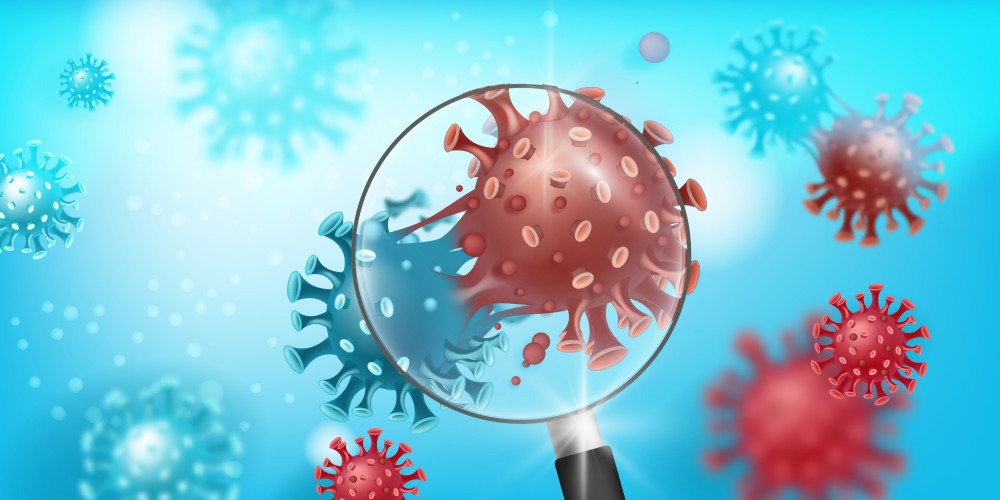
As part of a new Memorandum of Understanding between the World Health Organization (WHO) and the Swiss Confederation, the first facility in the WHO BioHub System was agreed to this week.
Such facilities, first announced in November 2020, will serve as centers for reception, sequencing, storage, and preparation of biological materials, be they viruses or other pathogens. From there, they can be rapidly shared with various labs and partner organizations throughout the world as they move to assess risk and maintain global preparedness. The first facility will be situated in Spiez, Switzerland.
“Close international collaboration to ensure the timely sharing of epidemiological and clinical data, as well as biological materials, is of utmost importance,” Swiss Federal Councillor Alain Berset said. “Switzerland supports the WHO BioHub initiative in its initial phase by providing the necessary infrastructure of a Swiss biosafety laboratory in Spiez. With this, we hope to contribute to the establishment of an international exchange system for SARS-CoV-2 and other emerging pathogens.”
Typically, most pathogens are shared bilaterally on an ad hoc basis between nations. WHO has noted the slowness of such arrangements, though, and the fact that these tend to leave certain other countries without access to the benefits and tools they provide. Under the BioHub program, member states will instead share biological materials under pre-agreed conditions and regulations to maximize speed and predictability.
As the program moved forward, WHO intends to expand it to include use by manufacturers and other qualified entities to develop medical by-products to be allocated equitably among counties. A pilot phase of this is currently underway.
“The COVID-19 pandemic and other outbreaks and epidemics have underscored the importance of rapidly sharing pathogens to help the global scientific community assess the risk and develop countermeasures such as diagnostics, therapeutics, and vaccines,” WHO Director-General Dr. Tedros Adhanom Ghebreyesus said. “The BioHub System is an important step towards facilitating this flow of information.”
Initially, BioHub is focused on SARS-CoV-2 and its variants. If the ongoing pilot proves successful, it will likely expand to include other pathogens in 2022.




